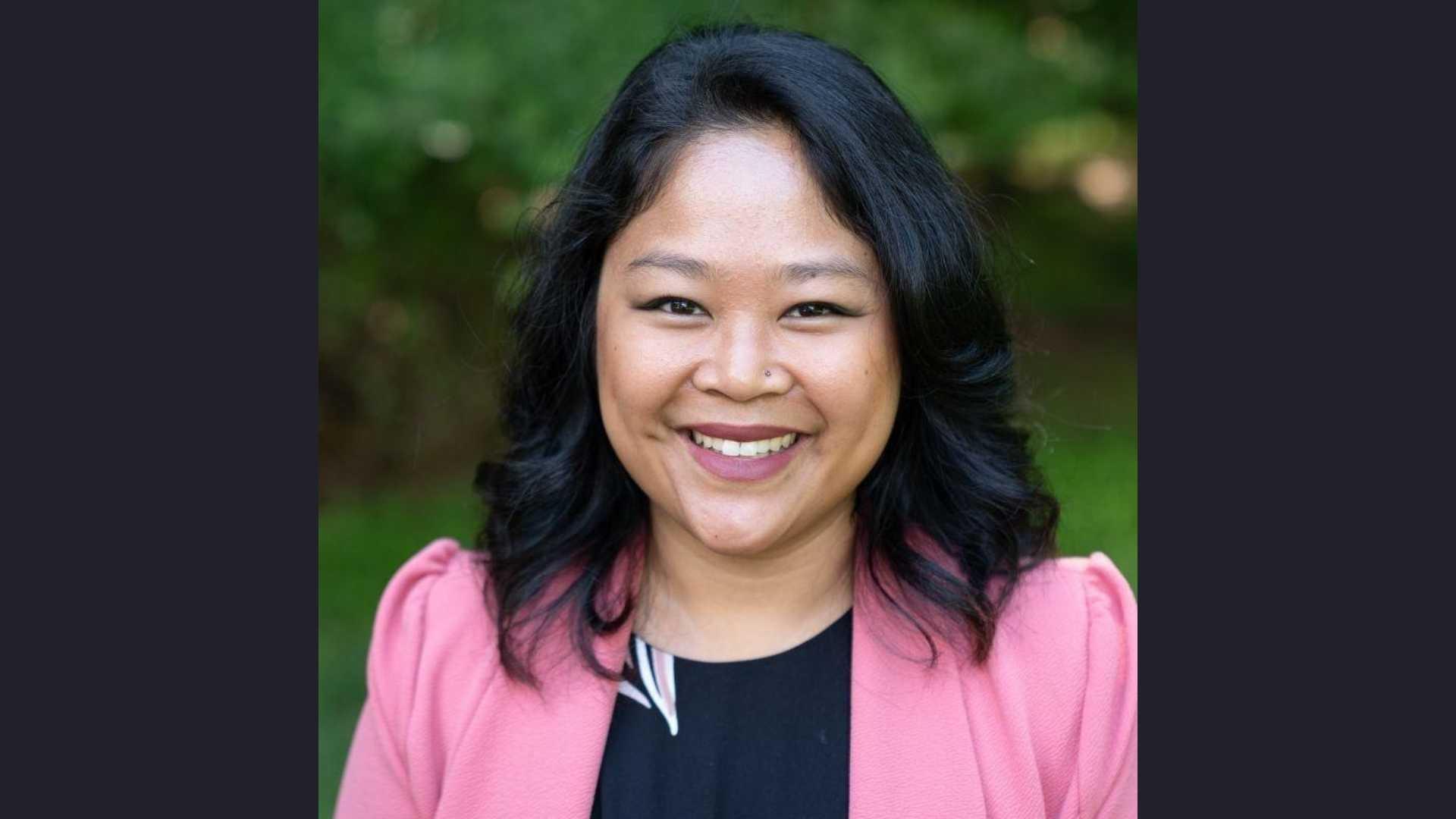Celebrate Korean American Culture with Your Kids


You may have noticed an influx of Korean culture in the United States over the last couple of years. From K-pop groups like BTS to Korean restaurants popping up all over the country, Korean culture is in the spotlight, and Korean Americans are getting the chance to see their own culture in mainstream media. With National Korean American Day coming up on January 13, you may wonder how you can celebrate Korean culture with your children in a way that’s respectful to cultural differences.
Koreans all over the world are excited to share their culture—from their food, written and spoken language and technological accomplishments—with those who want to learn. Family and food are often at the center of their holiday customs. For the Lunar New Year celebration, traditional clothing called a hanbok is donned, and children show elders respect with a sebae (a low bow). Miyeok-guk (seaweed soup) is enjoyed on birthdays and tteokguk (rice cake soup) for the new year. Try new foods from the culture; bulgogi (a thinly sliced, marinated beef) is often used as a gateway food for those who are unsure. Read about the Korean American experience from those who have lived it.
Compared to people of other nationalities, Koreans are relatively new immigrants to the United States. Many Korean Americans are first or second generation if they are not immigrants themselves; Korean customs are often deeply embedded in their lives. Show your support by patronizing businesses that are Korean owned, especially small businesses. Also, ask questions and learn about Korea’s rich history.

Sheen Klaus is Chatham County’s Rootle Ambassador and the Early Childhood Programs Manager with Chatham County Partnership for Children. She is an early childhood educator and advocate for children, families and the early childhood profession. As a former preschool teacher, she knows the importance of quality early education. She firmly believes that education starts in the home and the best way to invest in our society is by investing in children and families.